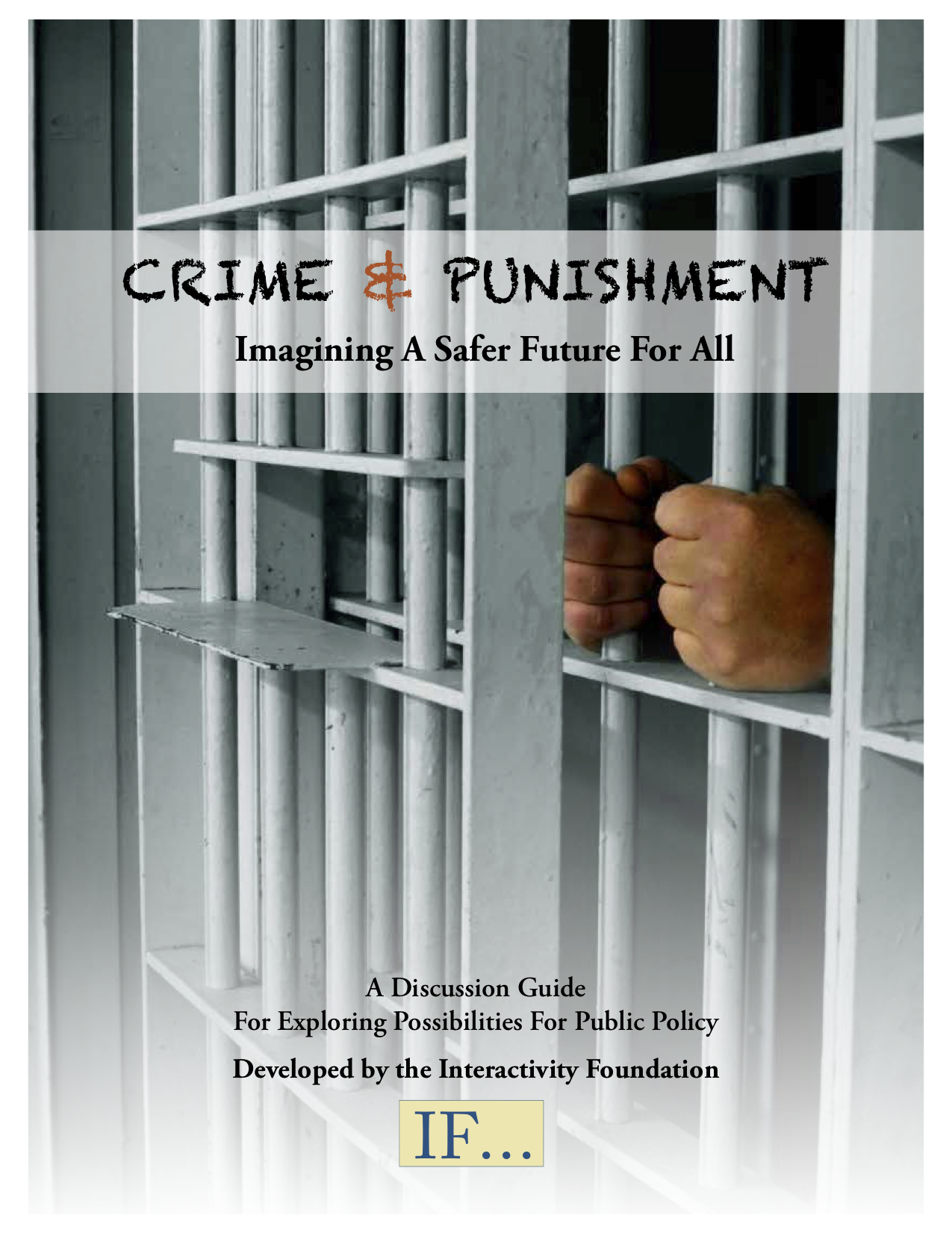Most of the laws that govern public participation in the U.S. are over thirty years old. They do not match the expectations and capacities of citizens today, they pre-date the Internet, and they do not reflect the lessons learned in the last two decades about how citizens and governments can work together. Increasingly, public administrators and public engagement practitioners are hindered by the fact that it’s unclear if many of the best practices in participation are even allowed by the law.
 Making Public Participation Legal, a 2013 publication of the National Civic League (with support from the National Coalition for Dialogue & Deliberation), presents a valuable set of tools, including a model ordinance, set of policy options, and resource list, to help communities improve public participation.
Making Public Participation Legal, a 2013 publication of the National Civic League (with support from the National Coalition for Dialogue & Deliberation), presents a valuable set of tools, including a model ordinance, set of policy options, and resource list, to help communities improve public participation.
The tools and articles in Making Public Participation Legal were developed over the past year by the Working Group on Legal Frameworks for Public Participation — an impressive team convened and guided by Matt Leighninger of the Deliberative Democracy Consortium (DDC).
In addition to DDC, NCL and NCDD, the Working Group also includes representatives of the American Bar Association, International Municipal Lawyers Association, National League of Cities, Policy Consensus Initiative, International Association for Public Participation, and International City/County Management Association, as well as leading practitioners and scholars of public participation.
The publication was released at a launch event on October 23rd at the Brookings Institution in D.C. The launch event was opened by Darrell West, Brookings’ VP and director of Governance Studies and the director of the Center for Technology Innovation. Members of an expert panel described the overarching problem as the lack of guiding principles to govern civic engagement. The panelists included moderator Matt Leighninger, executive director of the Deliberative Democracy Consortium, Lisa Blomgren Amsler, professor of public service at Indiana University, Mike Huggins, former city manager in Eau Claire, Wisconsin, and Kevin Curry, Program Director for the Code for America Brigade.
 The main remedy the panelists proposed was the Model Municipal Public Participation Ordinance. Prof. Amsler said it would be a starting point to set the ground for whoever wants to innovate. The way public participation is defined in the ordinance allows for increased freedom of discussion and innovation. She also advocated for local government offices to appoint an individual to learn about public engagement, pass on that knowledge, and bridge the gap between the local government and the people in regards to public participation.
The main remedy the panelists proposed was the Model Municipal Public Participation Ordinance. Prof. Amsler said it would be a starting point to set the ground for whoever wants to innovate. The way public participation is defined in the ordinance allows for increased freedom of discussion and innovation. She also advocated for local government offices to appoint an individual to learn about public engagement, pass on that knowledge, and bridge the gap between the local government and the people in regards to public participation.
Leighninger described the situation created by the ordinance as “a model which … does not require public participation in any particular format but enables and supports what we hope will be better public participation.”
Huggins also supported the ordinance because it would create a positive definition of public participation as a public good. He saw it as an important way to foster more communication between the government and the public. To Huggins, the ordinance would build a capacity for local elected officials to have support from the community through discussion and innovation.
See the Brookings Institutions’ full overview of the event here, or download the audio archive here.
Resource Link: http://www.allamericacityaward.com/wp-content/uploads/2013/10/Making-Public-Participation-Legal_Layout-1-8.pdf (or our shortcut link, www.tinyurl.com/p2law)
![]() Our friends at the Participedia, the open knowledge community focused on democratic innovation and public engagement, just published a great year-end post reflecting back on six innovative case studies from across the world that were added to the site in the last year.
Our friends at the Participedia, the open knowledge community focused on democratic innovation and public engagement, just published a great year-end post reflecting back on six innovative case studies from across the world that were added to the site in the last year.
 The five policy possibilities are:
The five policy possibilities are:



